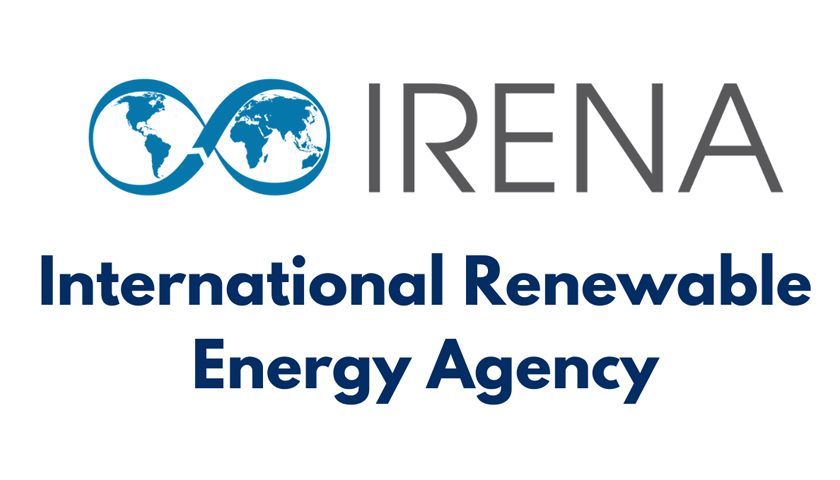Climate variability and long-term climate change are increasingly shaping the performance and reliability of renewable energy systems worldwide, according to the WMO–IRENA 2024 Year in Review: Climate-driven Global Renewable Energy Resources and Energy Demand, released by the World Meteorological Organization (WMO) and the International Renewable Energy Agency (IRENA). The report, in its third edition, finds that 2024—the warmest year on record, with global temperatures reaching around 1.55°C above pre-industrial levels—brought pronounced regional shifts in solar, wind and hydropower potential, alongside a 4% increase in climate-driven global energy demand compared with…
Read MoreTag: WMO
World’s first impact bond on weather and climate data opens for contributions
The Systematic Observations Financing Facility (SOFF) has opened for contributions to raise USD 200 million towards a climate impact bond aimed at strengthening systematic observation of the planet and help close critical weather and climate data gaps. The Systematic Observation Impact Bond will be announced as part of the COP30 Action Agenda, supported by the Government of Brazil as COP30 Presidency. If backed, the bond would enable 30 Least Developed Countries (LDCs) and Small Island Developing States (SIDS) to meet the requirements of the Global Basic Observing Network (GBON) —…
Read MoreCarbon dioxide levels increase by record amount to new highs in 2024
The WMO Greenhouse Gas Bulletin said continued emissions of CO2 from human activities and an upsurge from wildfires were responsible, as well as reduced CO2 absorption by “sinks” such as land ecosystems and the ocean – in what threatens to be a vicious climate cycle. Growth rates of CO2 have tripled since the 1960s, accelerating from an annual average increase of 0.8 ppm per year to 2.4 ppm per year in the decade from 2011 to 2020. From 2023 to 2024, the global average concentration of CO2 surged…
Read MoreWMO faces the future, with action plan on Artificial Intelligence
A new Joint Advisory Group on Artificial Intelligence will inform WMO activities in relation to the development and use of AI intelligence technologies in meteorology and hydrology. It will seek to accelerate integration of AI into the WMO infrastructure and research activities. There is a special focus on incorporating AI in the WMO Integrated Processing and Prediction System (WIPPS) – which is the backbone of all forecasting. WMO will work collaboratively with the public, private and academic sectors in applying AI and machine learning technologies to strengthen the entire…
Read MoreExtreme weather and climate change impacts hit Africa hard
The average surface temperature across Africa in 2024 was approximately 0.86 °C above the 1991–2020 long-term average. North Africa recorded the highest temperature (1.28°C above the 1991-2020 average) and this is the sub-region of Africa which is warming fastest. Extreme heat hit many parts of the continent during 2024, affecting agriculture, labour productivity and disrupting education. Sea surface temperatures were the highest on record, ahead of 2023. Particularly large increases in sea surface temperatures have been observed in the Atlantic Ocean and Mediterranean Sea. Almost the entire ocean area around…
Read More
